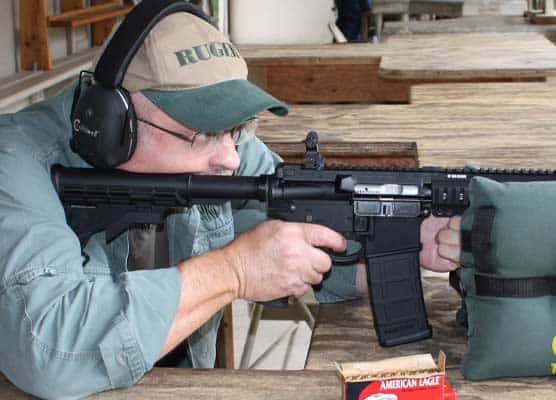Bad Spellers of
the World Untie!
Spelling is a poor metric of a person’s raw intellect. The modern American education system invests truly breathtaking time and treasure contriving ways to quantify such stuff as innate intelligence and related cerebral proclivities. However, the capacity to dissect the King’s English properly is most definitely a suboptimal tool. I have known some exceptionally intelligent folks who were epically bad spellers. There’s got to be a gene for it someplace.
I personally speak and write English or nothing at all. I have always admired those who were polylingual, but that gift always seemed a bit beyond my grasp. For those on the outside looking in, I am told that English is a hideous language to learn. One need look no further than the “One-One-One-Doubling Rule” for proof. While “Stop” and “Stopped” might seem intuitive to us, such stuff certainly would not otherwise come naturally.
Beyond all the obvious reasons one might have to be diligent in one’s diction, I present yet another, more unconventional motivation. Poor spelling, if left unchecked, could lead to difficulty with authority. Difficulty with authority can morph into true antisocial behavior. It is only a hop, skip, and a jump from there to the penitentiary.
Case Study #1
There is a local afterschool program hereabouts called Leap Frog wherein grade schoolers struggling with reading come together for individual tutoring at the hands of college student volunteers. The collegians, most of them aspiring teachers, gain valuable experience with real, live children. The kids improve their reading skills. Everybody wins.
One six-year-old young man was a real hard case, the elementary school equivalent of a psychopath. His impulse control was worse than most, and his under-developed personality responded poorly to perceived slights. One afternoon during class a young lady said something the kid found offensive, and he got all pear-shaped over it.
The young man stomped back to his desk and took up the little portable whiteboard his tutor used to instruct him. In sweeping strokes he scrawled a message on the board, charged back across the room and shoved it in the little girl’s face. It read, “I hat you!” There resulted the obligatory admonishment followed by some remedial instruction in the rules governing the use of the enigmatic silent “E.”
Case Study #2
I have a buddy who is a fine upstanding man of character. Though he started out rough, he polished up nicely in adulthood. He raises his family, goes to church and pays his taxes. In his foolish youth, however, he had all the makings of a career criminal.
One fine day, he felt led to occlude the drain in one of the sinks in the boys’ bathroom with toilet paper. He then proceeded to void his bladder into the porcelain receptacle, leaving it awash to its gunwales in little boy urine. To explain his creation, he took up a bar of soap and wrote across the mirror, “Wash Hands with Sope!” Stepping back, he basked in his obvious malevolent brilliance before anonymously infiltrating back into his classroom.
One of his fellows duly reported the biohazard in the restroom, and his teacher investigated. Rightfully repulsed, she contacted the longsuffering custodian who dutifully reduced the clog and rendered the facility safely usable yet again. However, the teacher had not yet found satisfaction.
Like some kind of malignant drill instructor, she paced the aisles in her classroom wielding a ruler and admonishing the heretofore unidentified mini-criminal to demonstrate character and fess up. My buddy remained stoic throughout, comfortable in the knowledge that no one had seen him befoul yon receptacle. Then, the unimaginable occurred.
The teacher, realizing that no one was going to voluntarily plead guilty to the crime, announced that there was to be an unscheduled spelling test. Each child retrieved a sheet of lined paper and one of those ghastly oversized pencils. The test entailed but a single word.
The kids dutifully scrawled their answers underneath their names and passed their tests to the front. Grading the entire class required mere moments. Twenty-four kids indeed spelled the word “soap” as might Mr. Webster himself. My unfortunate colleague, however, did not.
After a week spent scrubbing bathrooms alongside the school custodian the erstwhile vandal saw the error of his ways and developed a newfound appreciation for both education and civil behavior. Half a century later he runs his own company and is a bulwark in his community. All because he failed a second grade spelling test and successfully inculcated the latent lesson embedded within.







